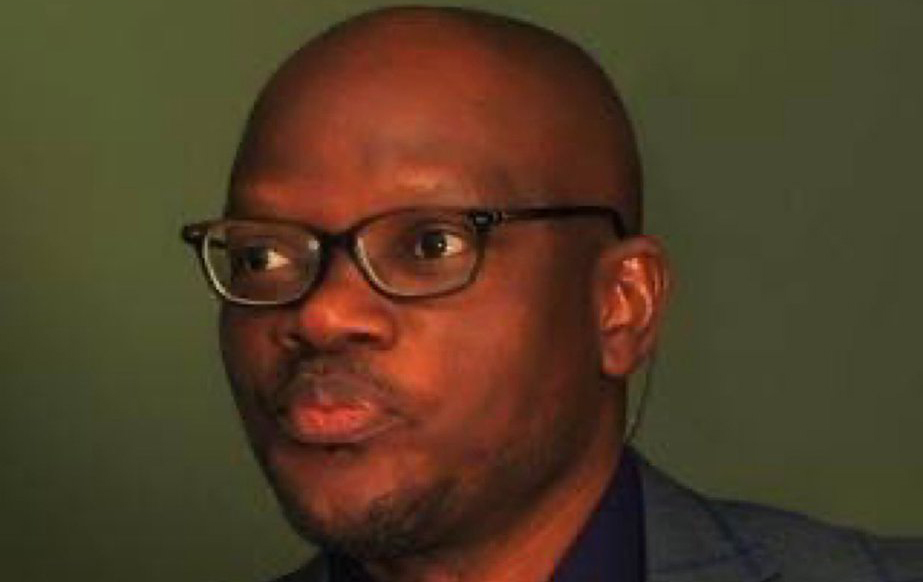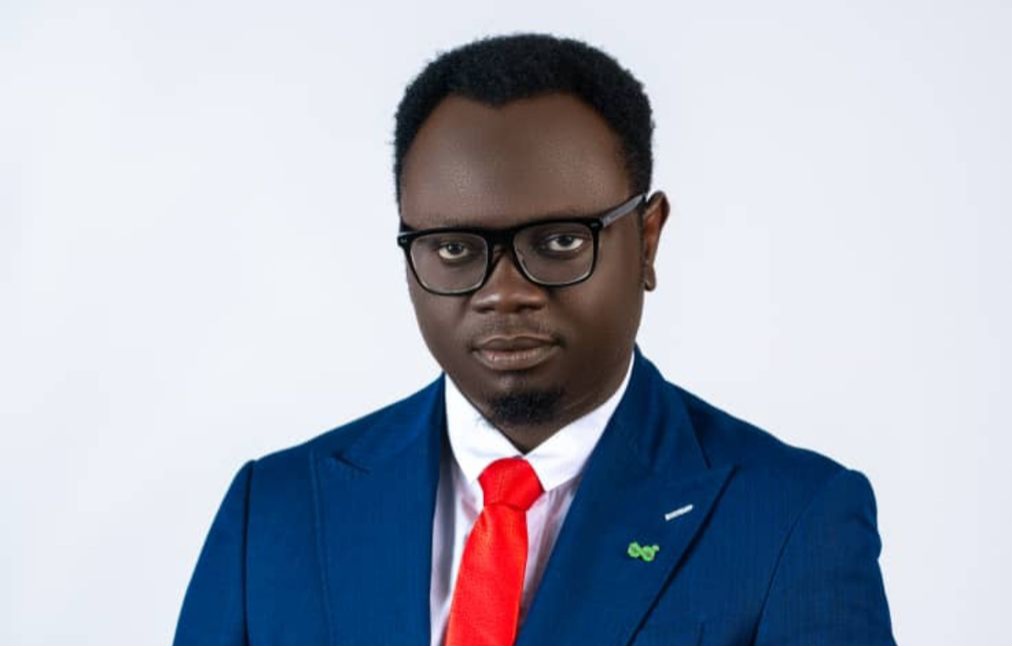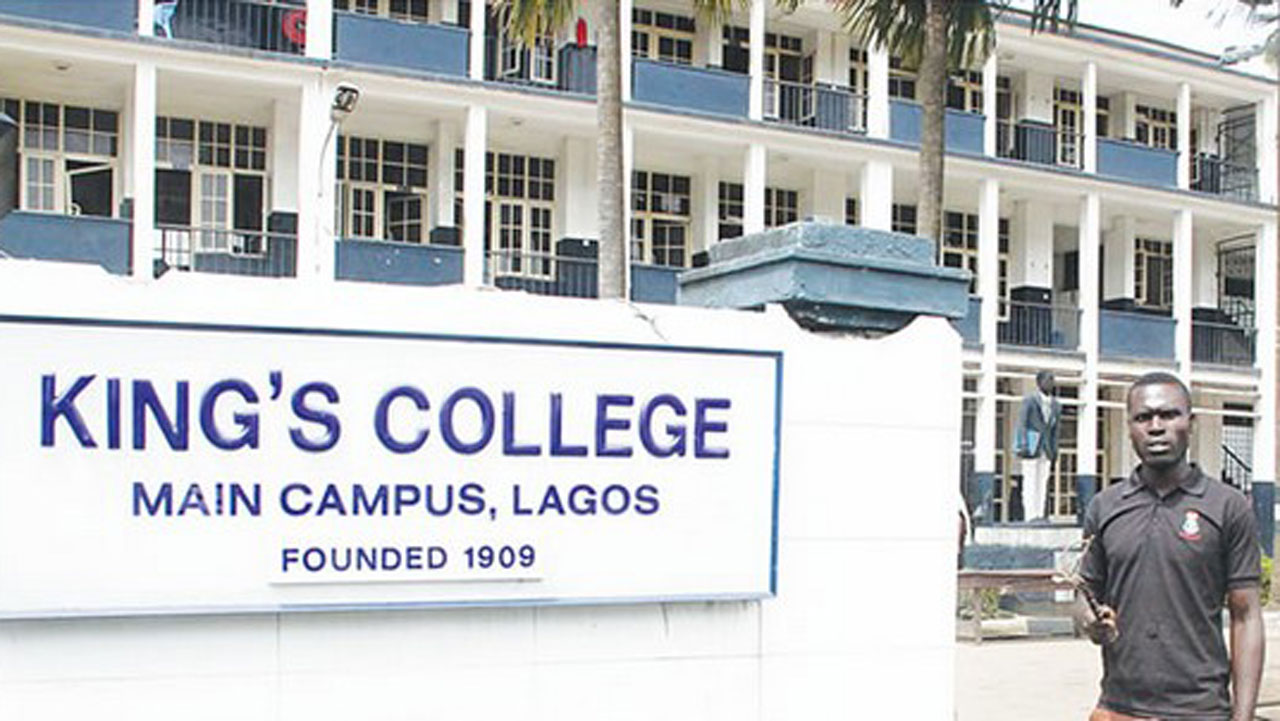The Academic Staff Union of Universities (ASUU) has decried the continuous neglect of the education sector by successive governments, wondering why key officials do not view the challenges as a collective national concern.
National President of the union, Prof. Christopher Piwuna, made the remarks while participating in The Toyin Falola Interview, streamed across multiple social media platforms.
Piwuna stated that many government functionaries, including ministers and chief executives, do not see education as a concern that affects them personally.
“So, when ASUU declares or threatens a strike, the Minister of Finance views it as the Education Minister’s problem, the Minister of Science and Technology sees it as someone else’s issue, and the same goes for other ministers. This mindset prevents coordinated responses,” Piwuna said.
He emphasised that education is critical to developing manpower for national success, and research institutions cannot function without educated graduates.
“If the Minister of Finance understood that education is critical to developing manpower for national success, or if Science and Technology realised that research institutions cannot function without educated graduates, they would treat the Education Minister’s challenges as their own,” Piwuna added.
The ASUU President lamented the poor state of infrastructure in Nigerian universities, citing his own experience at Taraba State University, where he struggled to find a spot with internet connectivity.
“This university has over 25,000 students with about 1,000 academic staff, and there is no internet connectivity here,” he said.
Piwuna called for greater synergy among university unions, emphasising that a unified front is essential to counteract government neglect and indifference.
He also urged the government to stop harassing ASUU members and to implement the 2009 agreement, which has been pending for over a decade.
The Nigeria Labour Congress (NLC) President, Joe Ajaero, expressed support for ASUU, saying their struggle is legitimate and deserving of full support.
Ajaero emphasised that the issue of poor wages is central to the problem, hence the need to take a holistic look at the entire system, beyond autonomy, and see how to restore dignity to education in Nigeria.
Prof. Francis Egbokhare of the University of Ibadan (UI) attributed the crisis to leadership failure, stating that council members view their appointments as opportunities for personal gain rather than service.
“The core of the problem in our university system is leadership, particularly at the level of governing councils. Matters that should be handled transparently are often influenced by vested interests,” Egbokhare said.
He highlighted the poor state of infrastructure in Nigerian universities, noting that across Nigerian universities, one can see evidence of leadership failure in the physical environment—poorly designed and badly finished buildings that do not reflect modern standards.
On his part, Prof. Sheriffdeen Tella emphasised the importance of academics in national development, saying, “When farmers plant improved seeds that yield better harvests, it is often the result of research conducted by academics.
“So, when we talk about their working conditions or salaries, we must remember that these are the people generating the knowledge that drives progress in every sector,” Tella added.






